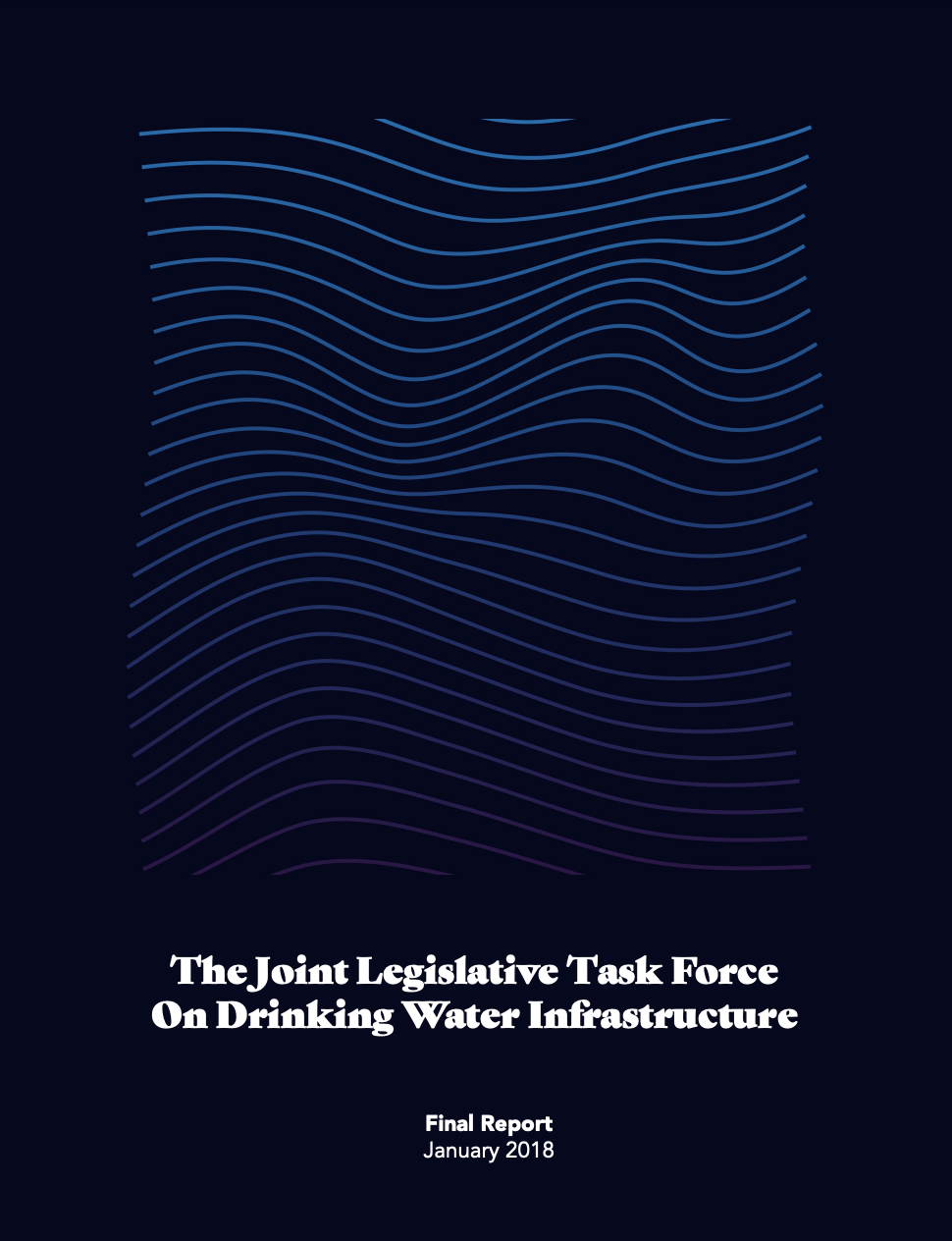The Joint Legislative Task Force on Drinking Water Infrastructure convened on Jan. 8, 2018, and voted unanimously to adopt the findings and recommendations in its report.
In response to concerns over the condition of the State’s drinking water infrastructure, on Jun. 30, 2016 the Legislature passed Senate Concurrent Resolution No. 86 and Assembly Concurrent Resolution No. 161, establishing the Joint Legislative Task Force on Drinking Water Infrastructure. The task force was charged with studying and making recommendations concerning issues related to drinking water infrastructure in New Jersey, and identifying both short-term and long-term solutions to address the quality and condition of drinking water infrastructure in the State.
Pursuant to these resolutions, the task force held three public hearings at the State House Annex in Trenton, New Jersey on Nov. 30, 2016, Dec. 14, 2016, and Jan. 26, 2017. At the first two hearings, the task force took testimony from invited guests on the current condition of the State’s drinking water infrastructure, what improvements are necessary to ensure a safe and adequate drinking water supply, and potential funding mechanisms for those improvements. At the third hearing, the task force took testimony from invited guests and members of the public on the issue of lead in drinking water. Transcripts for these hearings, including written testimony submitted by witnesses, are available on the Legislature’s website.
During its deliberations, the task force took testimony from a wide variety of government agencies, stakeholders, and experts in the field of water infrastructure, as well as members of the public. Over two dozen witnesses testified before the task force, including representatives from the New Jersey Department of Environmental Protection (DEP), the New Jersey Environmental Infrastructure Trust (NJEIT), the New Jersey Department of Education (DOE), and the New Jersey Board of Public Utilities (BPU); investor-owned utilities, municipal utilities, and utilities authorities; nonprofit scientific and educational organizations; environmental advocacy groups; and the academic community. The input the task force received from witnesses serves as the basis for the findings and recommendations in this report.
